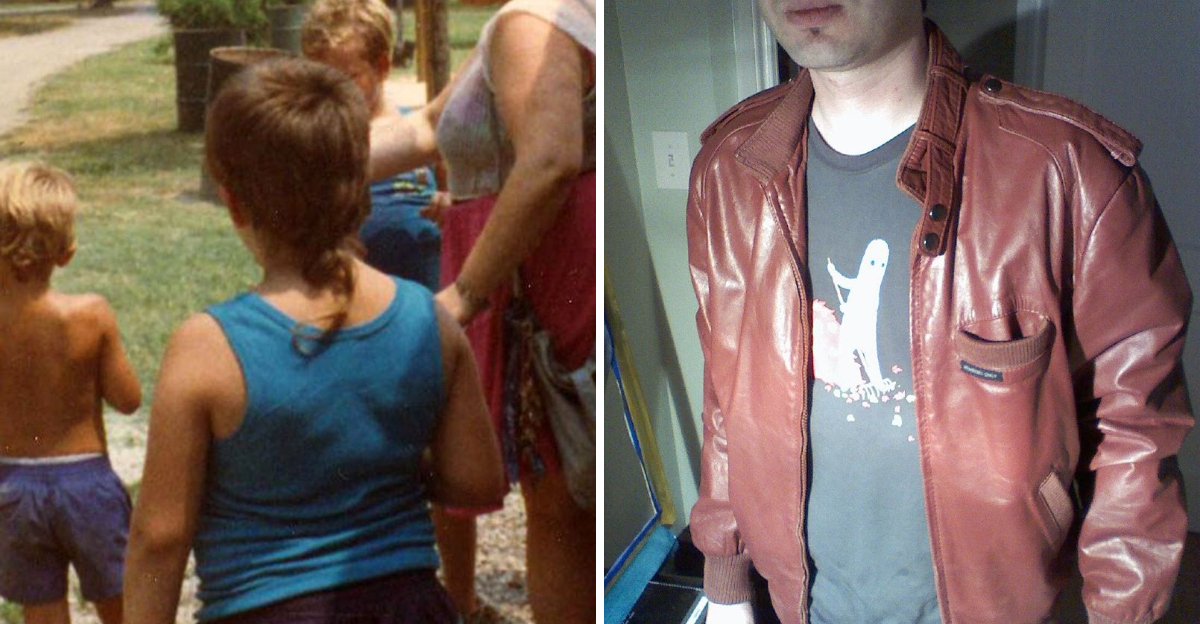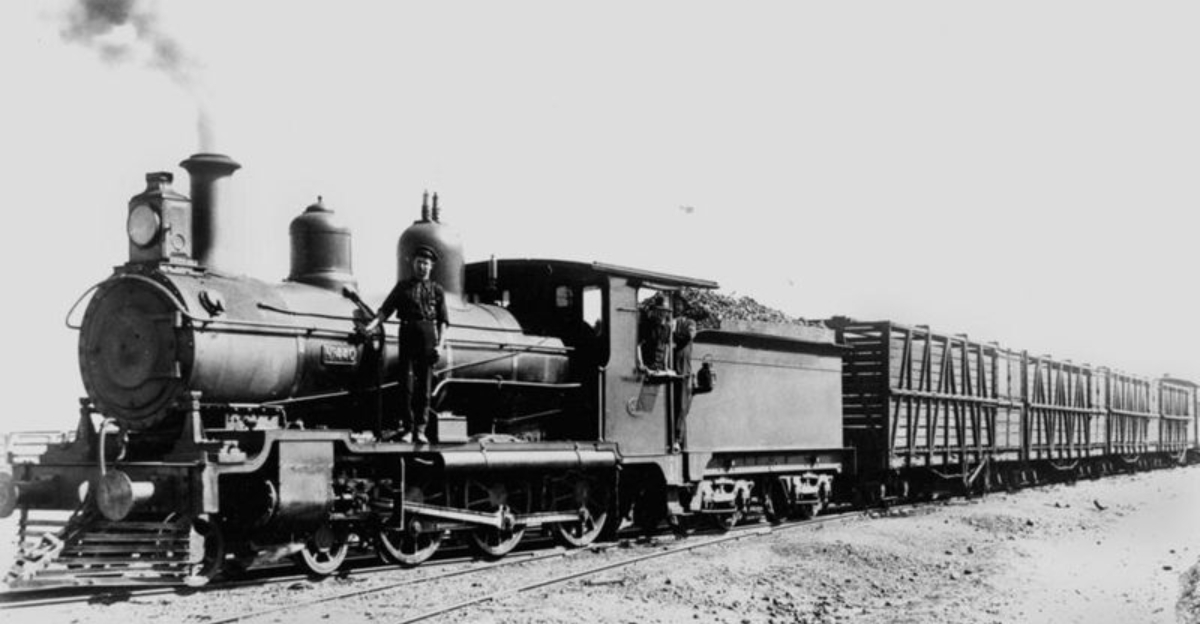20 Unspoken Playground Rules Every Kid Somehow Just Knew
Remember when recess was the highlight of your day? Back then, nobody handed out rule books or posted signs, yet everyone seemed to understand exactly how things worked.
From swings to slides to kickball games, an invisible code governed every playground interaction.
These unspoken rules shaped our childhood adventures and kept the peace during those precious outdoor moments.
1. Take Turns On The Swings
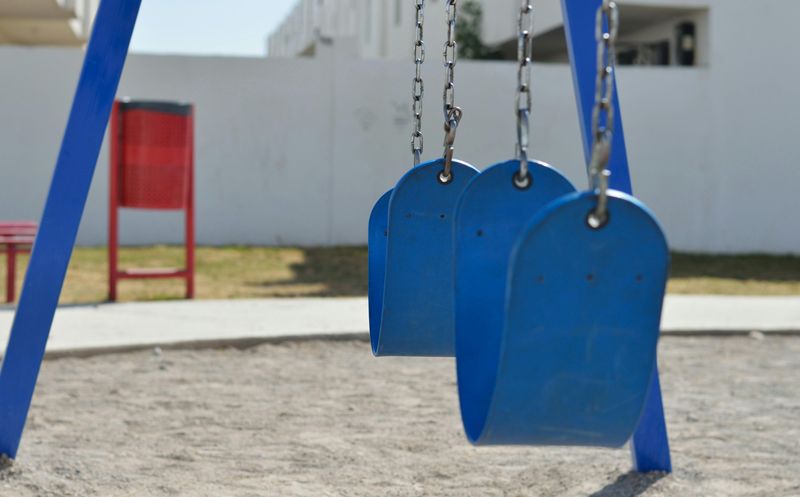
Patience wasn’t just a virtue – it was survival at the swing set. Everyone knew you couldn’t hog the best swing forever, even if you got there first.
After a reasonable amount of time, you’d hear someone counting down from ten, and that was your cue to start slowing down.
Ignoring this universal signal meant instant playground exile and dirty looks from everyone waiting in line behind you.
2. No Cuts In Line For The Slide
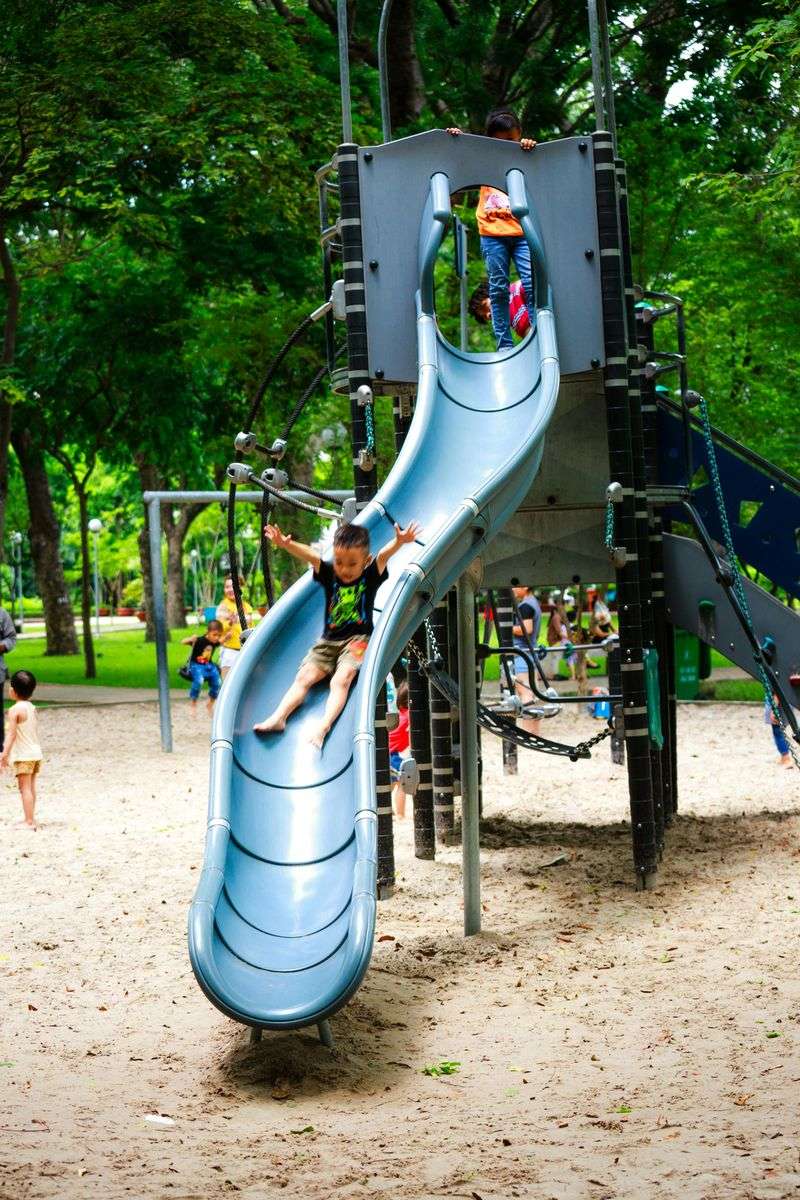
If you tried sneaking ahead, you’d hear the dreaded “Hey, no cuts!” echo across the playground. Line integrity was sacred, and everyone policed it fiercely.
Even your best friend couldn’t save you a spot without causing a riot.
The slide queue operated on pure first-come, first-served democracy, and nobody – absolutely nobody – got special treatment or exceptions to this golden rule.
3. Tag Doesn’t Count On The Wood Chips
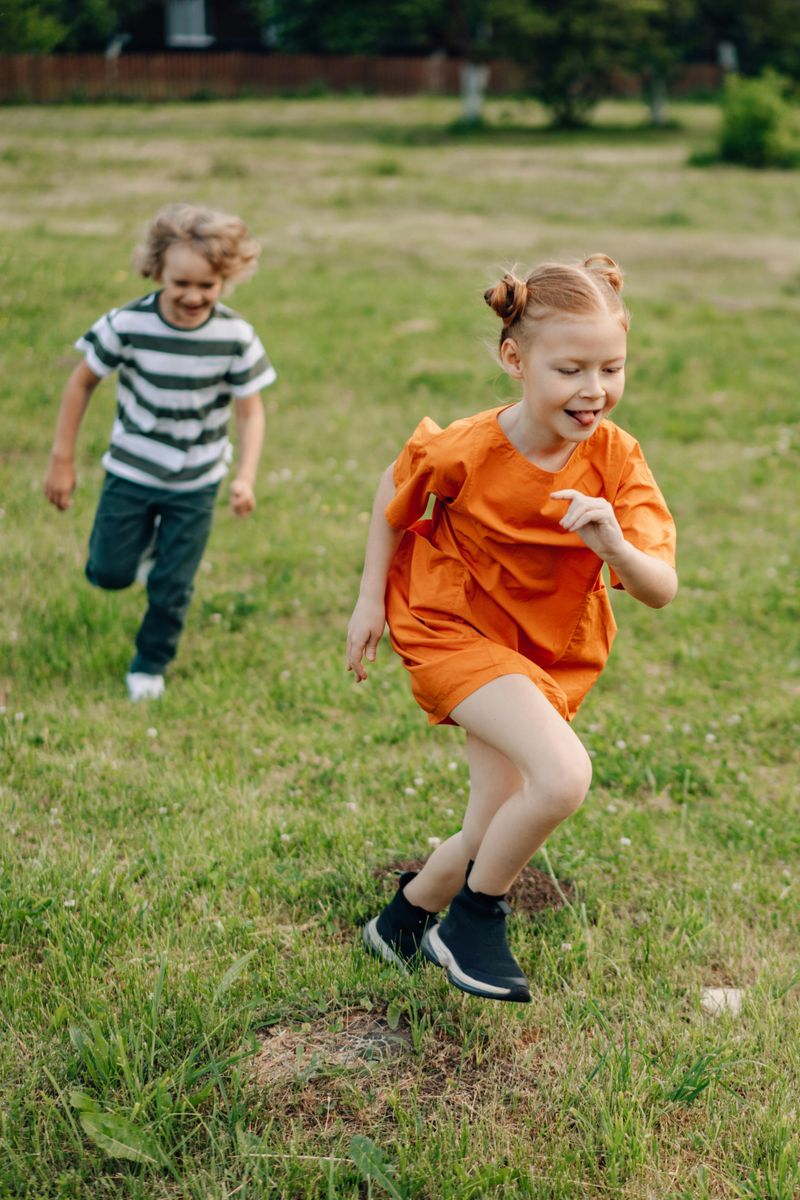
Wood chips became the ultimate safe zone during intense tag games. Step onto those magical brown flakes, and you were suddenly untouchable, protected by playground law.
Arguments erupted when someone claimed they were tagged before reaching the sacred ground.
But if both feet landed on those chips, the tag was automatically void – no debates, no negotiations, no exceptions allowed whatsoever.
4. The Person Who Yells “Not It” First Is Safe
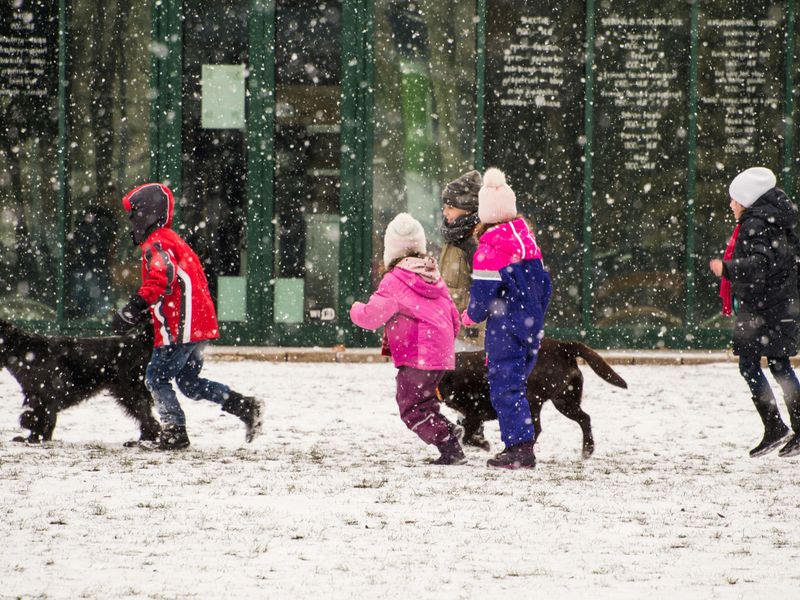
Lightning-fast reflexes separated the chosen one from everyone else. When someone suggested a game needing a volunteer, chaos erupted as kids screamed “Not it!” at supersonic speeds.
The slowest kid always got stuck being “it,” and complaining afterward was pointless.
Everyone accepted their fate because tomorrow, someone else would be the unfortunate slowpoke caught in the not-it lottery game.
5. You Can’t Argue With “Do-Overs”
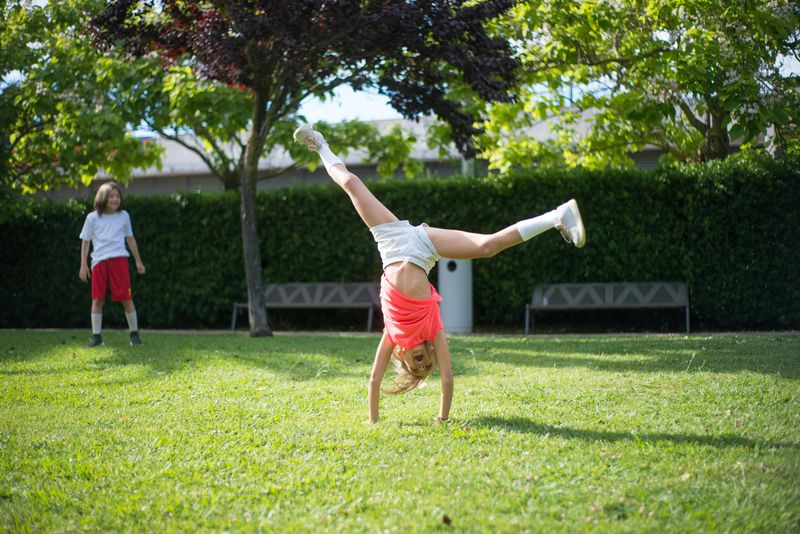
When something went horribly wrong – a bad throw, an unfair start, or someone tripping over their shoelaces – the magic words “do-over” fixed everything instantly.
Refusing a legitimate do-over request marked you as the playground villain.
Sure, some kids abused the privilege, calling for do-overs after every mistake, but most times, fairness prevailed and everyone got their second chance gladly.
6. Whoever Brings The Ball Gets To Make The Rules

Ball ownership equaled absolute power. If you lugged that kickball or soccer ball from home, you became the playground’s temporary ruler and chief decision-maker.
Everyone else played by your rules or didn’t play at all. This system worked perfectly because tomorrow, someone else might bring the ball, and the power would shift to them in beautiful, democratic rotation.
7. The Merry-Go-Round Stops When Someone Yells “Stop”
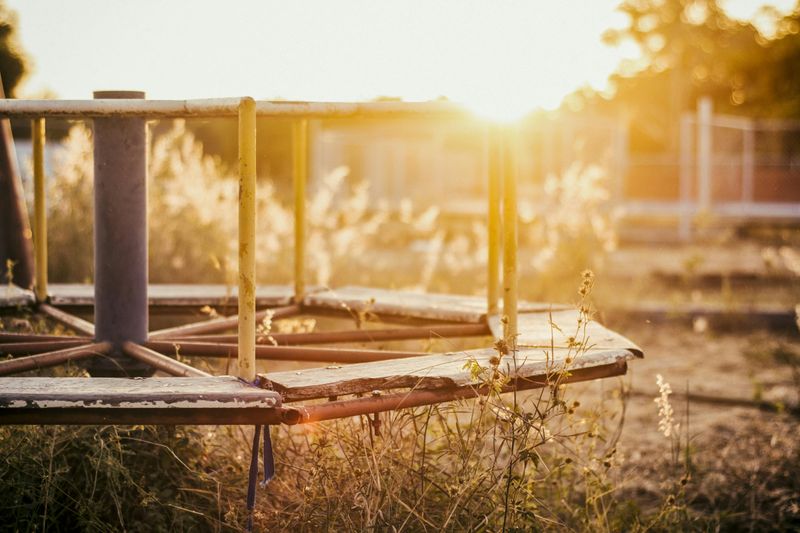
Spinning until you felt sick was fun until it suddenly wasn’t. One desperate scream of “STOP!” and everyone knew to drag their feet immediately.
Ignoring someone’s plea made you a certified jerk, and word spread fast about kids who kept pushing after the stop signal.
Safety trumped fun, and even the toughest playground warriors respected this boundary always.
8. Handclap Games Have To Be In Rhythm

Missing the beat during “Miss Mary Mack” meant automatic disqualification. Rhythm wasn’t optional – it was the entire foundation of these intricate hand-slapping masterpieces.
If you couldn’t keep up, you’d be gently (or not so gently) removed from the game. Practice happened during boring class time, hands tapping silently on desks, preparing for the next recess championship showdown.
9. No Tattling Over Minor Stuff
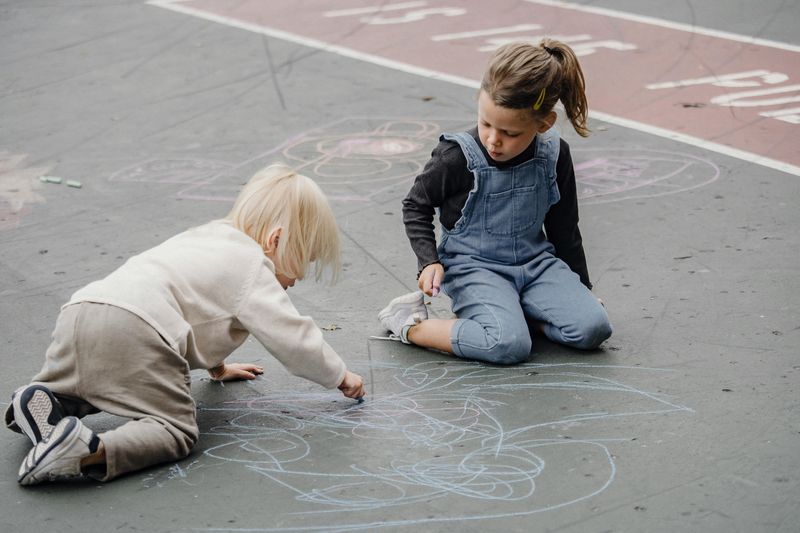
Running to the teacher over every tiny incident earned you the dreaded “tattletale” label faster than you could say “but they pushed me first!”
Minor disagreements stayed on the playground, handled through rock-paper-scissors or simple apologies.
Only serious injuries or genuine bullying warranted adult intervention, and everyone understood exactly where that invisible line was drawn firmly.
10. The Sandbox Belongs To Whoever Got There First
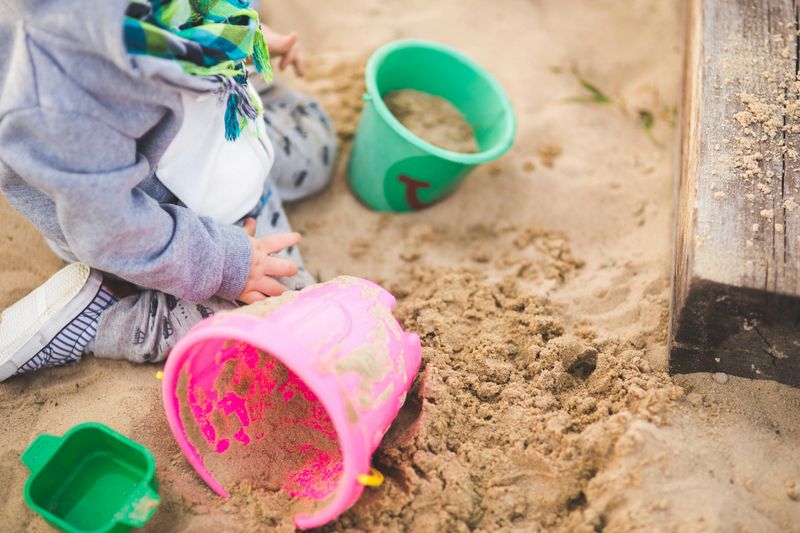
Early birds ruled the sandy kingdom. If you arrived first and started building your castle empire, that prime real estate was yours until you voluntarily left.
Latecomers had to negotiate for space or build in less desirable corners.
Kicking someone’s sand creation was grounds for immediate banishment and guaranteed you’d never get invited to collaborative building projects again ever.
11. Kickball Boundaries Are Decided By Whoever Has The Ball
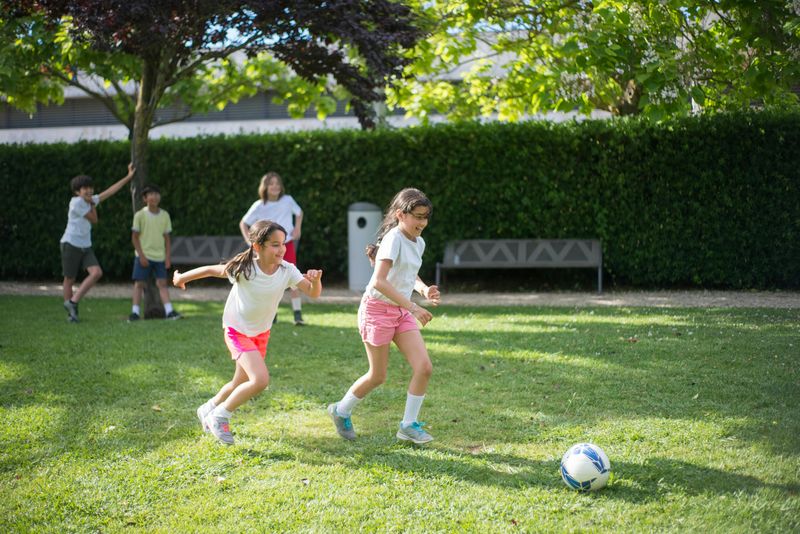
Before the first pitch, the ball owner pointed at various landmarks declaring them foul lines and home run territory. Their word became instant gospel.
That bent tree? Foul ball. Behind the fence? Home run.
Everyone memorized these boundaries quickly because arguing mid-game was pointless – the ball owner’s decisions were final, unchangeable, and absolutely non-negotiable under any circumstances whatsoever.
12. Double-Dutch Jump Ropes Have A Rotation Order
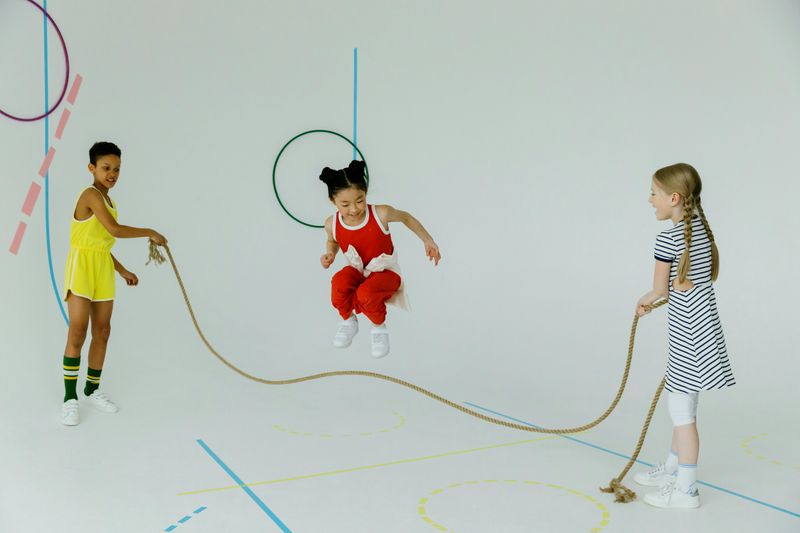
Jumping in meant you’d eventually turn the ropes for others. This fair exchange kept the game moving and prevented rope-turner exhaustion.
Trying to skip your turning duty resulted in being excluded from future games.
Everyone tracked whose turn it was with surprising accuracy, and nobody escaped their rope-turning responsibilities, no matter how tired their arms felt afterward.
13. Freeze Tag Rules Reset After Every Round

Once everyone was frozen solid or the person who was “it” gave up, the slate wiped clean for a fresh start.
Previous round grievances disappeared instantly.
Yesterday’s fastest runner might be slowest today, and that kid who always hid behind the equipment might suddenly become the ultimate tagger.
Each round brought new possibilities and completely different outcomes every single time.
14. You Can’t Change The Game Mid-Play
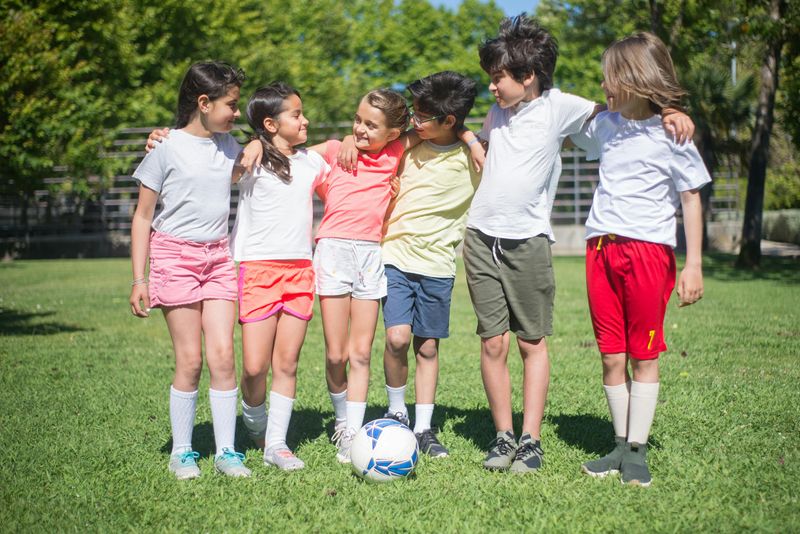
Starting a game of tag and suddenly switching to hide-and-seek because you were losing? Absolutely forbidden and universally despised by everyone.
Games had to reach their natural conclusion before new activities began.
Kids who tried changing rules mid-game to benefit themselves quickly found themselves playing alone, shunned by the entire playground community for their unsportsmanlike behavior and selfishness.
15. Monkey Bars Are For Showing Off – No Pushes Allowed
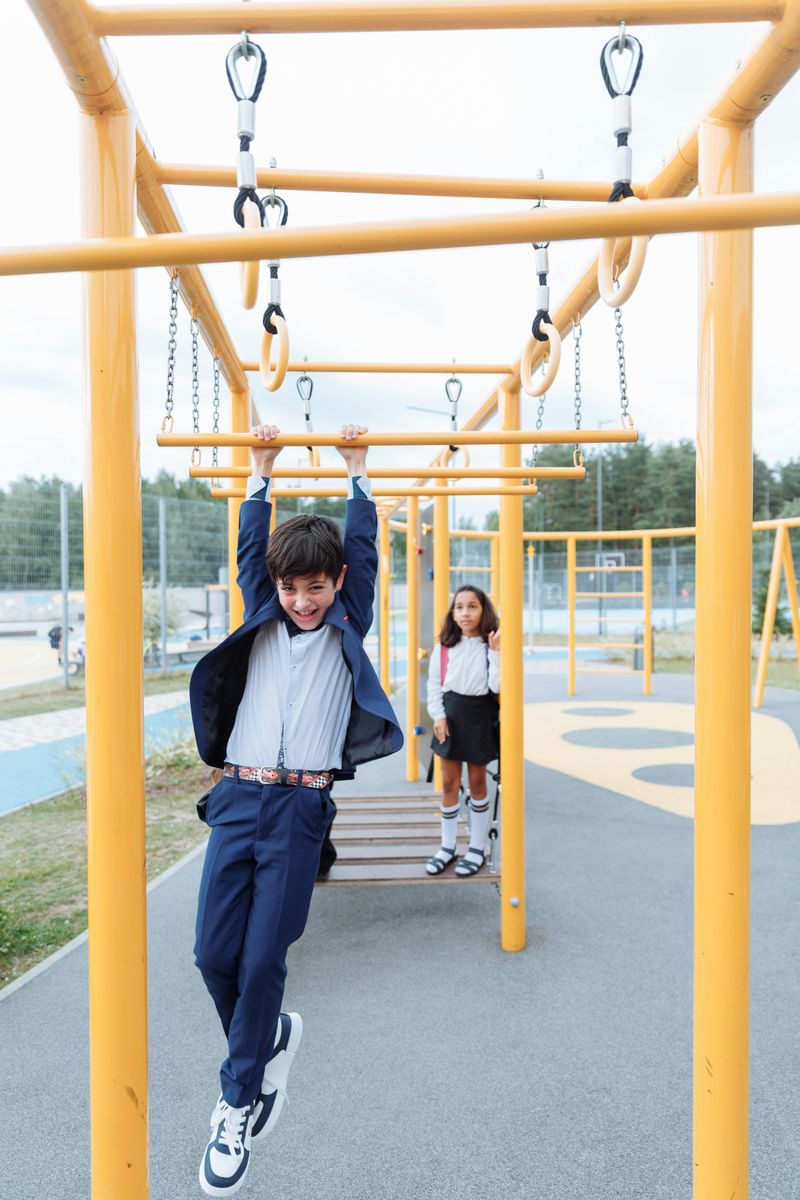
Everyone understood the monkey bars existed purely for demonstrating your upper body strength and coordination skills to impressed onlookers.
Pushing someone while they dangled midway was the ultimate playground crime, risking serious injury. Even fierce rivals respected this safety rule absolutely.
Showing off was encouraged; sabotage was not. Simple as that, and everyone knew the difference perfectly.
16. Sharing Snacks Earns Instant Friends

Pulling out a pack of gummies transformed you from nobody to everybody’s best friend in approximately three seconds flat.
Generosity with snacks built alliances faster than anything else on the playground. Even the coolest kids would suddenly want to play with you if you shared your fruit snacks.
Food-based friendships might seem shallow, but they worked remarkably well every single time.
17. You Have To Count Loud And Clear In Hide-And-Seek
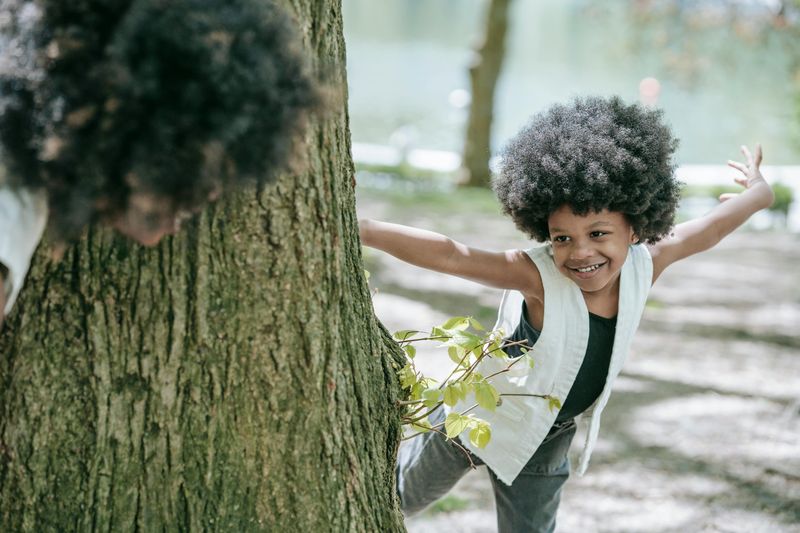
Mumbling your way through counting or rushing through numbers was cheating, plain and simple, and everyone called you out immediately.
Proper hide-and-seek required loud, deliberate counting so everyone had fair time to find decent hiding spots.
Speed-counting to catch people before they hid properly ruined the entire game and guaranteed nobody would play with you tomorrow or ever again.
18. Everyone’s Invited To Play
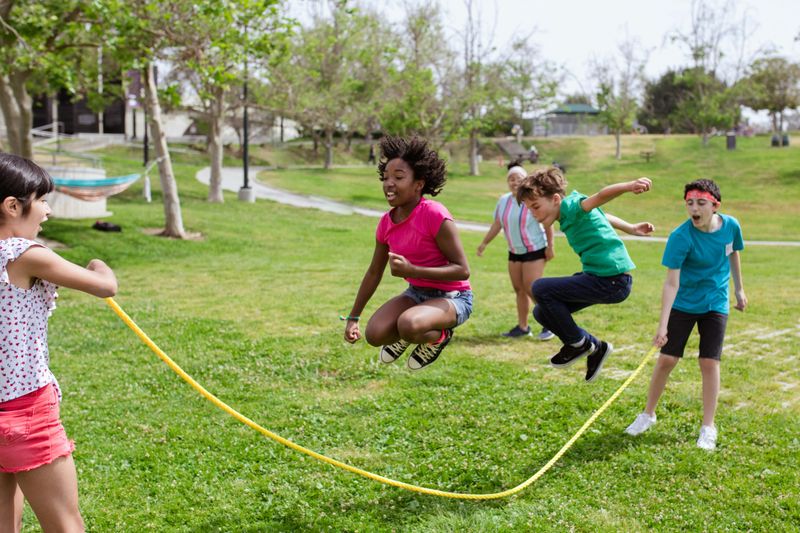
The golden rule above all others: nobody plays alone unless they choose to. Excluding someone intentionally violated the sacred playground code of conduct.
When a lonely kid asked to join, you said yes. Always. Creating inclusive games where everyone participated made recess better for everybody.
This simple principle of kindness defined childhood at its absolute best and most beautiful.
19. Crying Means Automatic Time-Out from the Game

Tears triggered an immediate pause in all activities. Whether from injury, hurt feelings, or sheer frustration, crying kids got space and sympathy instantly.
Games resumed only after the crying stopped and the kid felt better. Teasing someone for crying crossed a serious line.
Even the toughest playground warriors understood that everyone has breaking points and deserved compassion during vulnerable moments always.
20. The Bell Means Drop Everything Immediately

That shrill recess-ending bell possessed magical powers. Mid-swing, mid-slide, mid-tag – everything stopped instantly when that sound pierced the air.
Finishing your turn after the bell rang was impossible; teachers appeared from nowhere to herd everyone inside.
The bell’s authority was absolute, ending fun with brutal efficiency and zero negotiation room. Tomorrow’s recess couldn’t come fast enough after that dreaded sound.


